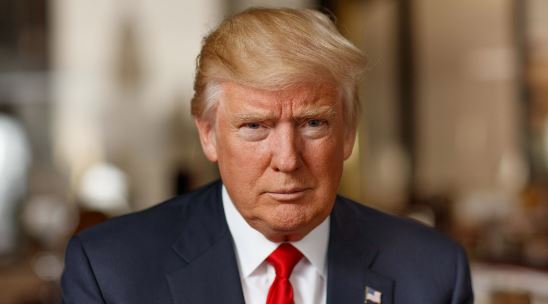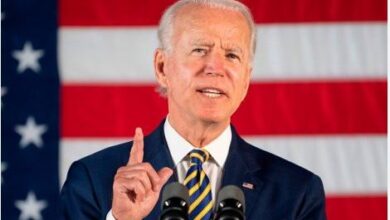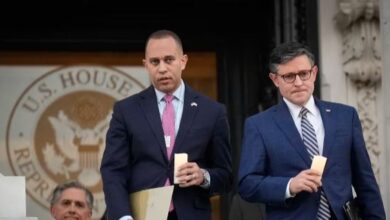Court Rules: Trump’s Claim of Presidential Immunity Dismissed in Civil Cases

In a landmark decision, the courts have clarified the boundaries of presidential immunity, concluding that former President Donald Trump cannot shield himself from civil lawsuits through claims of presidential immunity. This ruling marks a significant moment in legal history, underscoring the principle that no individual, regardless of their former office, is above the law.
The judicial decision came as a response to various lawsuits filed against Trump, alleging misconduct before and during his tenure as President. Legal experts have pointed out that the ruling is pivotal, not just for the immediate implications for Trump but also for the precedent it sets regarding the accountability of presidents for actions taken before and during their presidency.
Presidential immunity has historically been a gray area, with the Supreme Court offering limited guidance. It has generally been understood to protect sitting presidents from being unduly burdened by litigation that could distract from their duties. However, the recent ruling makes it clear that this protection does not extend to civil actions against them once they have left office, especially for actions not related to their official duties.
This decision is expected to pave the way for several lawsuits to proceed, potentially allowing plaintiffs to seek justice and hold the former president accountable for alleged actions. Legal analysts suggest that this could have far-reaching consequences for how former presidents engage in personal and professional conduct, both during and after their time in office.
Moreover, the ruling invites a broader discussion about the limits of presidential power and the importance of accountability mechanisms in the American political system. By reinforcing the idea that the presidency is not a shield against legal accountability, the judiciary has reiterated its role in maintaining the balance of power and protecting the rule of law.
This development has sparked a mix of reactions across the political spectrum, with supporters of the ruling viewing it as a triumph for the legal system and critics arguing about the potential political motivations behind the lawsuits. Regardless, the decision stands as a reminder of the foundational principle that equality before the law applies to all, irrespective of status or position.
As the legal processes unfold, all eyes will be on the implications of this ruling for Donald Trump and the precedent it sets for future presidents. This moment in legal history emphasizes the enduring strength of American institutions in upholding the principles of justice and accountability.





